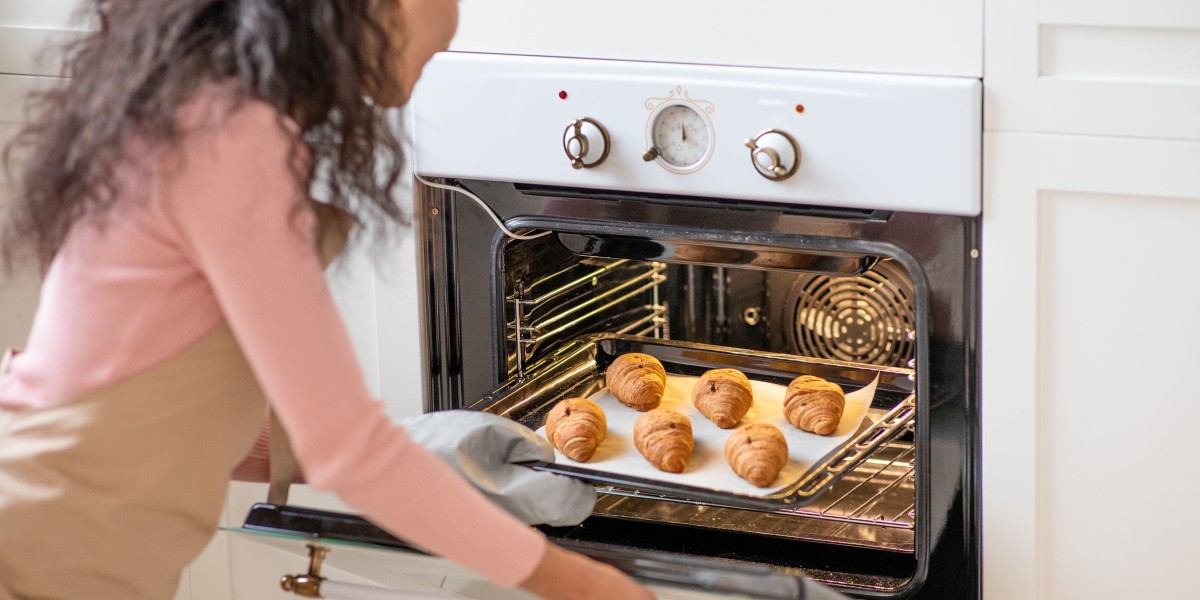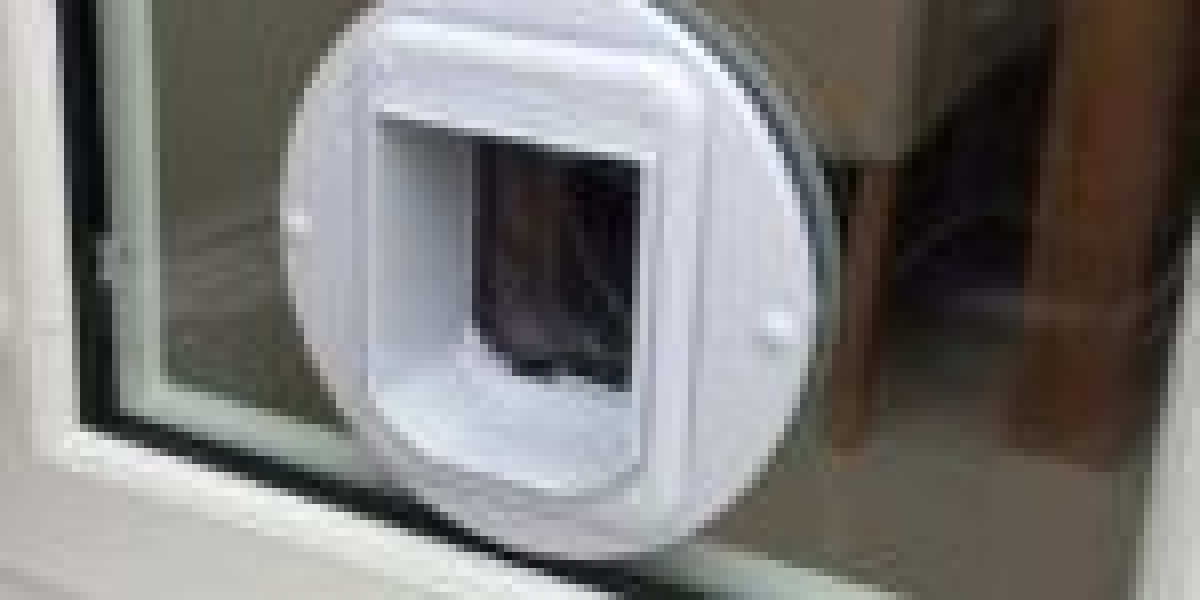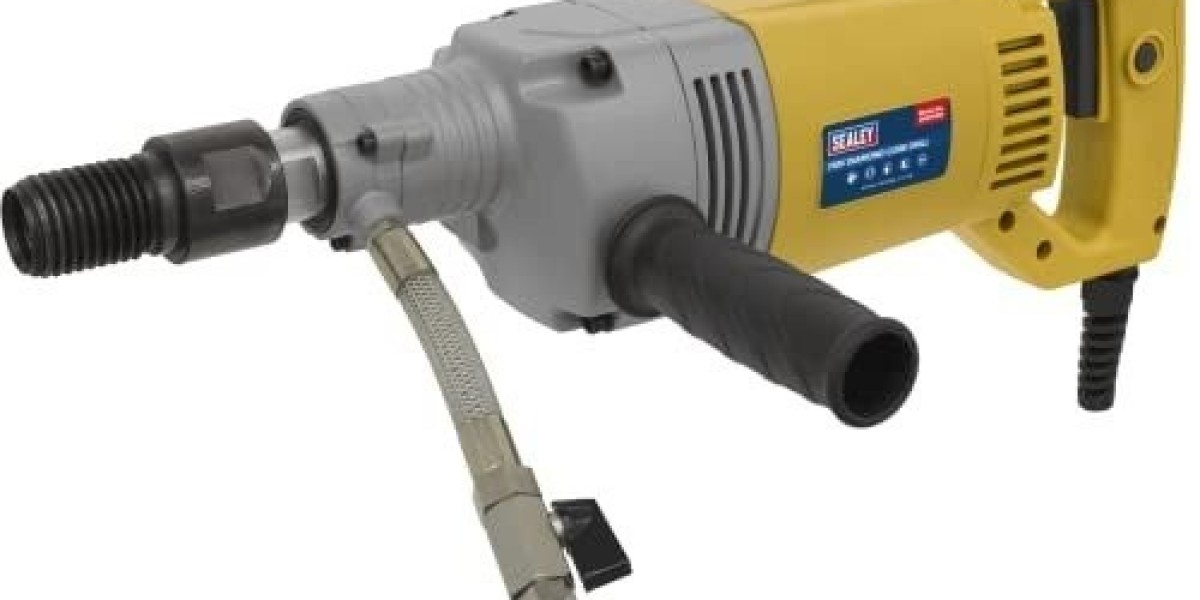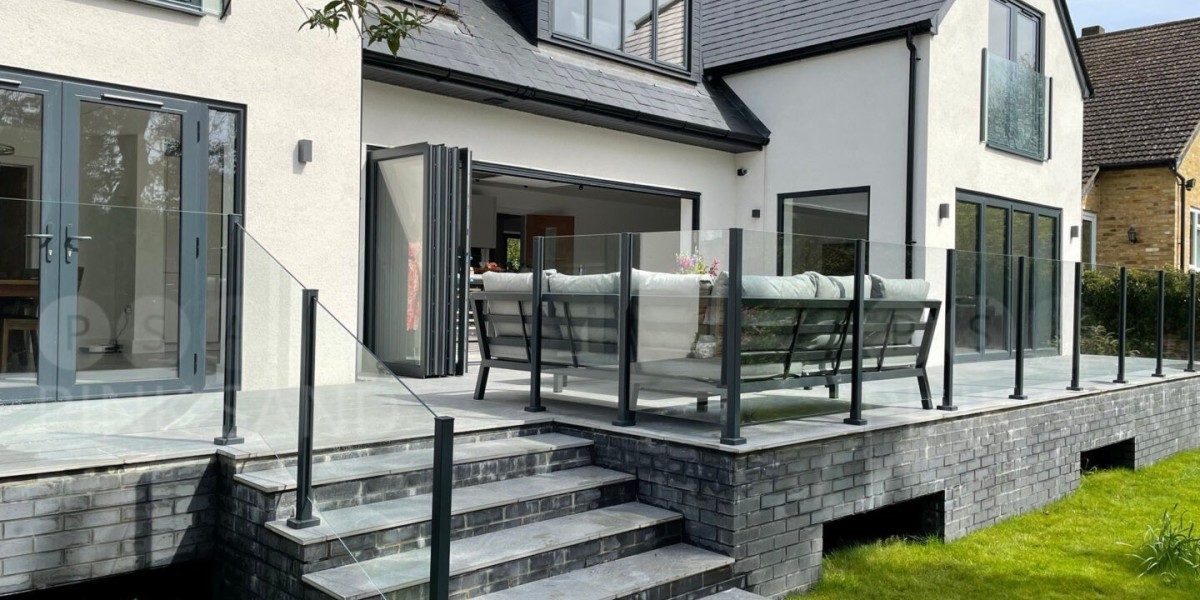The Ultimate Guide to Buying a Built-In Oven
In the realm of modern-day cooking appliances, built-in ovens stand out for their smooth combination into kitchen cabinetry, aesthetic appeal, and advanced cooking innovations. They provide a variety of functions and a streamlined design, catering to both culinary lovers and daily cooks. Nevertheless, selecting the right built-in oven can be overwhelming provided the wide range of alternatives available in the market. This post works as an extensive guide, highlighting essential considerations when acquiring a built-in oven, popular functions, and answers to frequently asked concerns (FAQs).
Why Choose a Built-In Oven?
Built-in ovens provide many advantages, consisting of:
- Space Efficiency: They are designed to fit into existing cabinets, optimizing kitchen area.
- Visual Appeal: With a variety of designs and surfaces, built-in ovens boost the overall appearance of a kitchen.
- Advanced Features: Many come geared up with cutting edge technology, making cooking much easier and more exact.
- Customization: Top-Quality SIA 60cm Stainless Steel Electric Oven AMZDO102 Black Built-In Double Oven - Baridi 60cm Built-In Fan Oven - 55L Capacity (https://www.ovensandhobs.Uk/) ovens can be set up at eye level or listed below counter height, offering versatility based on personal preference.
Secret Considerations When Buying a Built-In Oven
Here are important factors to consider before purchasing:
1. Size and Dimensions
Before choosing a built-in oven, it is vital to determine the readily available area. Standard built-in ovens integrated usually fall under 2 main classifications:
| Oven Size | External Dimensions | Internal Capacity |
|---|---|---|
| Single | 24-30 inches broad | 3-5 cubic feet |
| Double | 30-36 inches large | 5-10 cubic feet |
Guarantee that the picked design fits your cabinetry both in width and height.
2. Type of Oven
Built-in ovens been available in different types, including:
- Conventional Ovens: Uses heating elements above and listed below for basic baking and roasting.
- Convection Ovens: Employs a fan to distribute hot air, providing even cooking.
- Wall Ovens: Installed vertically at eye level for easier access.
- Steam Ovens: Uses steam to prepare food, protecting nutrients and wetness.
3. Fuel Type
Built-in ovens are offered in different fuel types:
- Electric: Often heats up more evenly, perfect for baking.
- Gas: Offers instant temperature control, great for roasting and broiling.
- Double Fuel: Combines the very best integrated oven of both worlds with a gas cooktop and electric integrated oven oven.
4. Features and Technology
Modern built-in ovens come with a myriad of features that boost the cooking experience:
- Smart Technology: WiFi-enabled designs permit users to manage the oven remotely by means of an app.
- Self-Cleaning: Reduces the effort required to keep a clean oven.
- Postpone Start: Lets you set the oven to start cooking at an established time.
- Several Cooking Modes: Options for baking, broiling, roasting, and more.
5. Brand name and Price
Selecting a reliable brand can guarantee quality and dependability. Relative rates amongst different brand names can assistant in decision-making. Here's a short summary of popular brands and their price varieties:
| Brand | Avg. Rate Range | Significant Features |
|---|---|---|
| Bosch | ₤ 1,000 - ₤ 3,000 | Streamlined design, reliable performance |
| Whirlpool | ₤ 800 - ₤ 2,500 | User-friendly controls |
| KitchenAid | ₤ 1,200 - ₤ 3,500 | Innovative functions, stylish styles |
| GE Appliances | ₤ 900 - ₤ 2,800 | Variety of sizes and choices |
Setup Considerations
Setup of a built-in oven is an essential aspect that ought to not be ignored. It's highly recommended to employ a professional when setting up a built-in oven. They can resolve electrical or gas line issues and guarantee that the oven is fitted securely in the cabinets.
Maintenance Tips
Maintaining a built-in oven is important to prolong its lifespan and efficiency.
- Tidy Regularly: Wipe down surface areas and avoid letting spills become baked-on.
- Use Appropriate Cookware: This prevents damage to interior surfaces and improves cooking effectiveness.
- Check Seals: Inspect the door seals frequently for wear and tear to preserve energy performance.
FAQs About Built-In Ovens
1. How do I understand which size built-in oven to buy?
Step the space you have offered and compare it to the oven measurements. Requirement sizes typically range from 24 to 30 inches for single ovens.
2. Can I install a built-in oven myself?
While it's possible to install a built-in oven without expert aid, employing a skilled specialist is recommended for security, specifically with gas or electrical connections.
3. What is the average lifespan of a built-in oven?
Generally, built-in ovens last about 10-15 years with appropriate maintenance.
4. Are built-in ovens energy effective?
Energy effectiveness varies by model. Try to find energy scores or environmentally friendly features when choosing an oven.
5. Do built-in ovens require special kitchen cabinetry?
Yes, they are created to fit particular kitchen cabinetry sizes. Ensure the cabinetry is built to accommodate the preferred oven's dimensions.
A built-in oven is an outstanding investment that can significantly enhance your cooking experience and kitchen visual. With numerous sizes, types, and advanced features, understanding your requirements and choices is vital for making the ideal option. By thinking about measurements, fuel type, and brand track record, you can confidently select a built-in oven tailored to your lifestyle. Eventually, a well-chosen built-in oven will not only elevate your culinary abilities however also work as a stunning centerpiece in your kitchen for many years to come.








